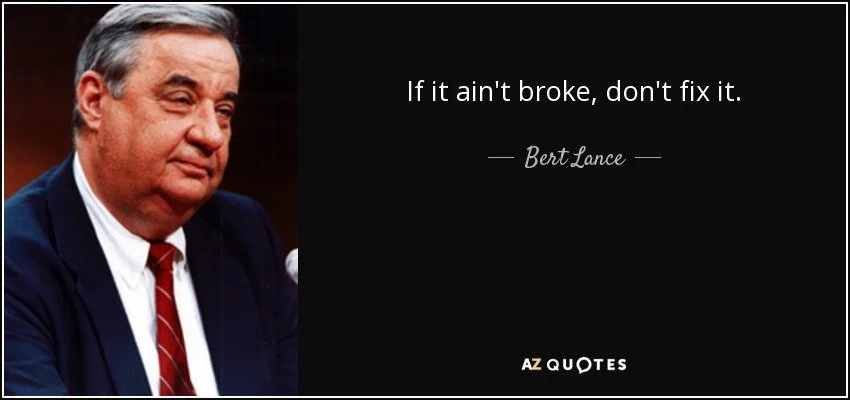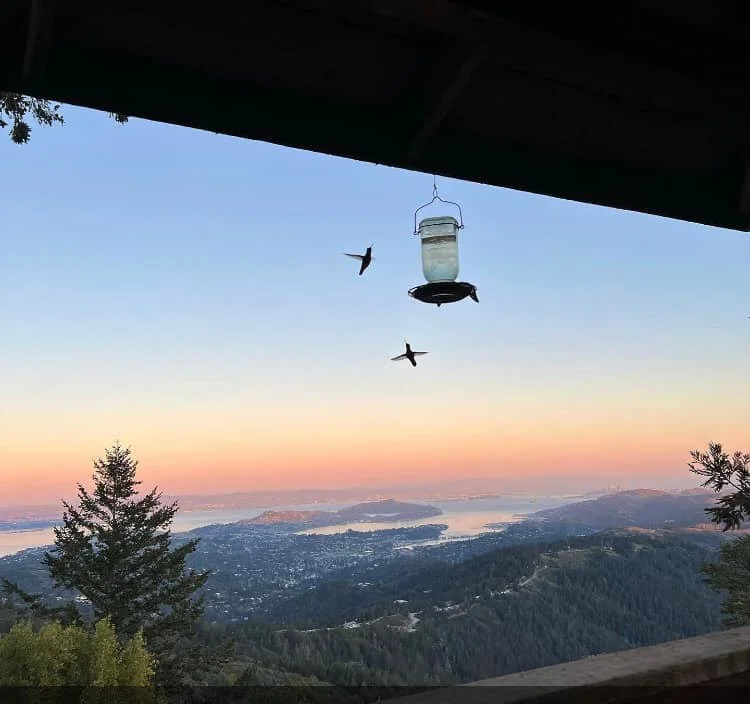History, “if it ain't broke, don't fix it”.
In the march of history,
this may fall on deaf ears.
Go ahead call it cliche’
but some people live by proverbs.
More and more can’t think
on their own two feet.
Here let me elaborate:
deceptive appearances, a single step,
that apple, eye of beholders, a picture’s worth,
glasshouses, a cloud’s lining, a book’s cover,
laughter, hot irons, and spilled milk,
render so many reasonless, clueless.
Dog’s hair and those birds, all those birds.
Counting chickens and putting eggs in baskets.
I for one think the early bird is the guinea pig.
I don’t know who ‘they’ are, but,
they say, “if it ain't broke, don't fix it”.
Why not break it and make it better?
After all, nothing is perfect.
We live in a wabi-sabi world
of gold joinery and cracks that let light in,
embrace the flawed or imperfect.
You may believe it is not broke.
You may say leave it alone.
It may be functioning properly today,
but research or should I say google
the origin of, “If it ain’t broke, don’t fix it.
What a seventies phrase, I rest my case…
Bert Lance is credited as the one who popularized this phrase. He worked for President Jimmy Carter as Director of the Office of Management and Budget in the year 1977. Lance was quoted as saying “if it ain’t broke, don’t fix it” in the May 1977 issue of a magazine called Nation’s Business. While he may have helped popularize the expression, it does not look like he coined it, because it shows up in print a few years earlier. For example, it is found in the Hamburg Reporter newspaper, 1973, in an advertisement for food: “Murph sez: If it ain’t broke, don’t fix it!” The quote above is the earliest example of this phrase in print (that I’ve seen, anyway). Interestingly, I could not find the phrase in print from before the 1970s, which might suggest it originated around that time. Phrase finder Wiktionary


